Click here to view the recording!
Learn more about NUTRITION 2024 recordings which can be viewed on demand, at any time and from anywhere!
Global and Public Health Nutrition
Population Science
Emerging Innovations in Anemia Epidemiology, Measurement, and Interventions
Learning Objectives
At the end of this activity, learners will be able to:-
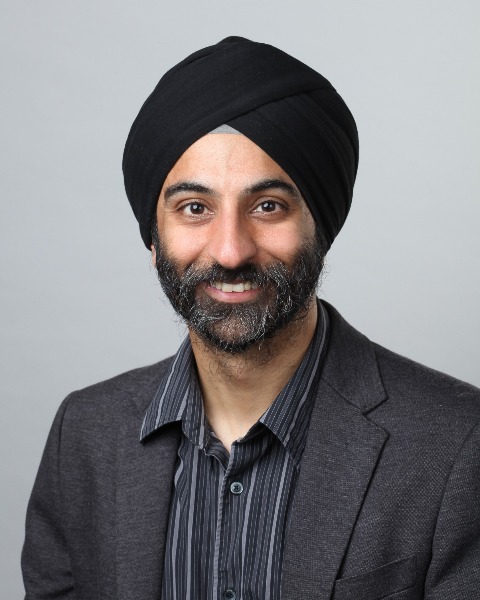
Parminder Suchdev, MD, MPH (he/him/his)
Professor of Pediatrics and Global Health
Emory University
DPO, Armed Forces - AA, United StatesDisclosure(s): No relevant financial relationship(s) with ineligible companies to disclose.
-
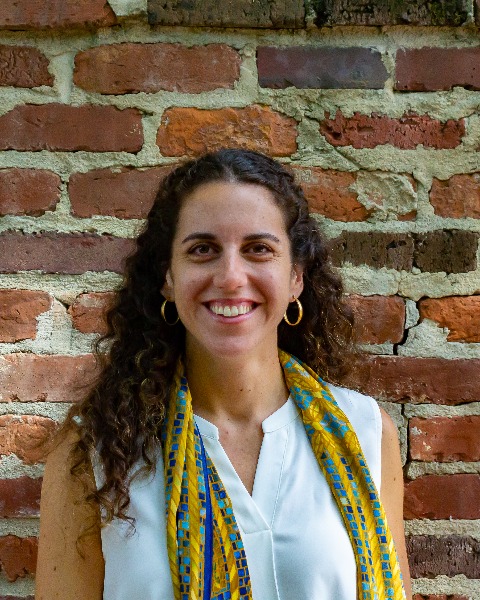
Leila Larson, PhD
Assistant Professor
Health Promotion, Education, and Behavior
University of South Carolina, Arnold School of Public Health
Columbia, South Carolina, United StatesDisclosure(s): No relevant financial relationship(s) with ineligible companies to disclose.
-
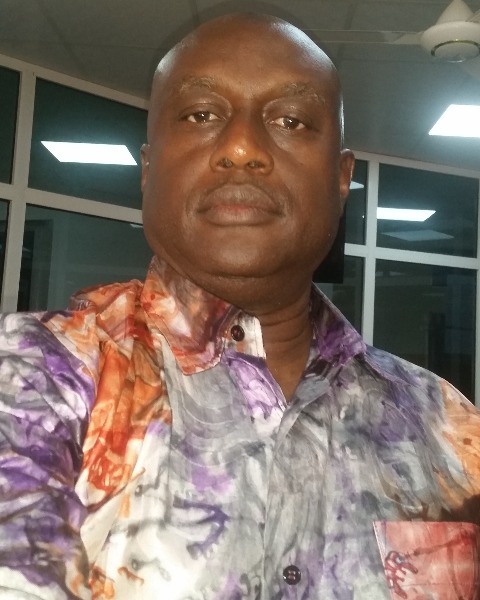
Amat Bah, PhD (he/him/his)
Executive Director
Gambian National Nutrition Agency [NaNA]
Banjul, Western, Gambia, TheDisclosure(s): No relevant financial relationship(s) with ineligible companies to disclose.
-
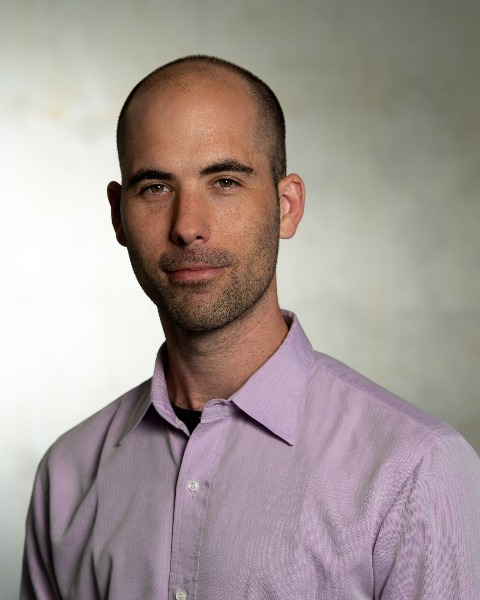
Michael Bode, PhD (he/him/his)
Professor, School of Mathematical Sciences
Queensland University of Technology
Brisbane, Queensland, AustraliaDisclosure(s): No relevant financial relationship(s) with ineligible companies to disclose.
-
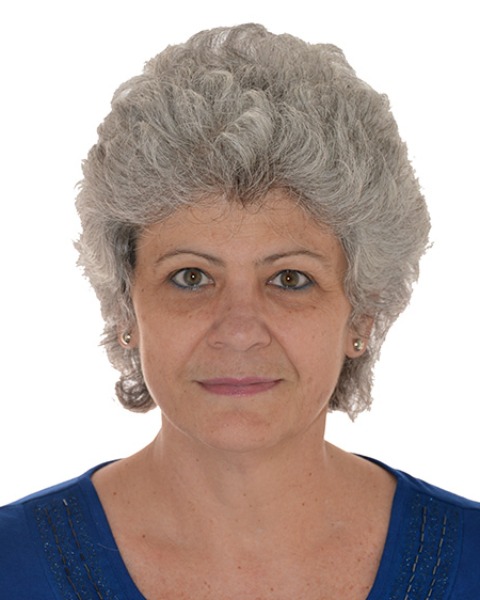
Maria Garcia-Casal, PhD, RDN
Scientist
World Health Organization
Genève 27, Geneve, SwitzerlandDisclosure(s): No relevant financial relationship(s) with ineligible companies to disclose.
-

Leila Larson, PhD
Assistant Professor
Health Promotion, Education, and Behavior
University of South Carolina, Arnold School of Public Health
Columbia, South Carolina, United StatesDisclosure(s): No relevant financial relationship(s) with ineligible companies to disclose.
-
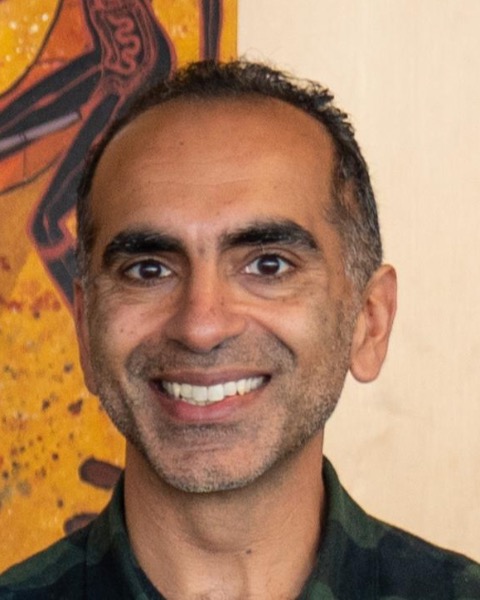
Sant-Rayn Pasricha, MBBS, PhD, MPH (he/him/his)
Acting Deputy Director, Laboratory Head
Walter and Eliza Hall Institute
Parkville, Victoria, AustraliaDisclosure(s): CSL-Vifor: Advisory Committee/Board Member (Ongoing)
ITL Biomedical: Consultant (Ongoing)
Silence Therapeutics: Royalties or Patent Beneficiary (Ongoing)
World Health Organization: Advisory Committee/Board Member (Ongoing); Consultant (Ongoing); Grant/Research Support (Ongoing)
Chair(s)
Speaker(s)
Anemia is a major public health problem with important health consequences, particularly in women and children. However, there has been little progress towards achieving global targets for anemia reduction over the past decades. For instance, prevention and treatment of anemia was included in the UN Sustainable Development Goals (SDGs) in 2012 with the intention of reducing anemia by 50% in women of reproductive age by 2030. Yet, between 2000 and 2019, global estimates of anemia decreased only slightly from 30.7% to 29.6% in non-pregnant women and 40.9% to 36.5% in pregnant women. Important emerging work has highlighted the need to re-examine the utility of the current anemia reduction targets, how anemia is defined and diagnosed, and what interventions can be most effective to reduce anemia and reach the SDG goal. In this symposium, we will showcase emerging frontiers in anemia epidemiology, assessment, and interventions.
Presentations:
-
8:00 AM - 8:05 AM CTWelcome and Introductions - Emerging Innovations in Anemia Epidemiology, Measurement, and Interventions
Chair: Parminder Suchdev, MD, MPH (he/him/his) – Emory University
-
8:05 AM - 8:18 AM CTSetting New Global Targets for Anemia Reduction in the Aftermath of the Sustainable Development Goals
Speaker: Michael Bode, PhD (he/him/his) – Queensland University of Technology
-
8:18 AM - 8:31 AM CTNew WHO Guideline on Hemoglobin Cutoffs to Define Anemia in Individuals and Populations
Speaker: Maria Nieves Garcia-Casal, PhD, RDN – World Health Organization
-
8:31 AM - 8:44 AM CTHemoglobin Concentration Thresholds that Discriminate Functional Outcomes Among Children Aged 6-30 Months in 8 Countries: A Pooled Analysis of Individual Participant Data
Speaker: Leila M. Larson, PhD – University of South Carolina, Arnold School of Public Health
-
8:44 AM - 8:57 AM CTNovel Interventions to Improve Anemia in Pregnant Women and Children
Speaker: Sant-Rayn Pasricha, MBBS, PhD, MPH (he/him/his) – Walter and Eliza Hall Institute
-
8:57 AM - 9:10 AM CTThe Use of Integrated Nutrition Specific and Nutrition Sensitive Interventions to Reduce Anemia in The Gambia
Speaker: Amat Bah, PhD (he/him/his) – Gambian National Nutrition Agency [NaNA]
-
9:10 AM - 9:30 AM CTPanel Discussion - Emerging Innovations in Anemia Epidemiology, Measurement, and Interventions
Chair: Leila M. Larson, PhD – University of South Carolina, Arnold School of Public Health
Chair: Parminder Suchdev, MD, MPH (he/him/his) – Emory University
Speaker: Michael Bode, PhD (he/him/his) – Queensland University of Technology
Speaker: Maria Nieves Garcia-Casal, PhD, RDN – World Health Organization
Speaker: Sant-Rayn Pasricha, MBBS, PhD, MPH (he/him/his) – Walter and Eliza Hall Institute
Speaker: Amat Bah, PhD (he/him/his) – Gambian National Nutrition Agency [NaNA]

